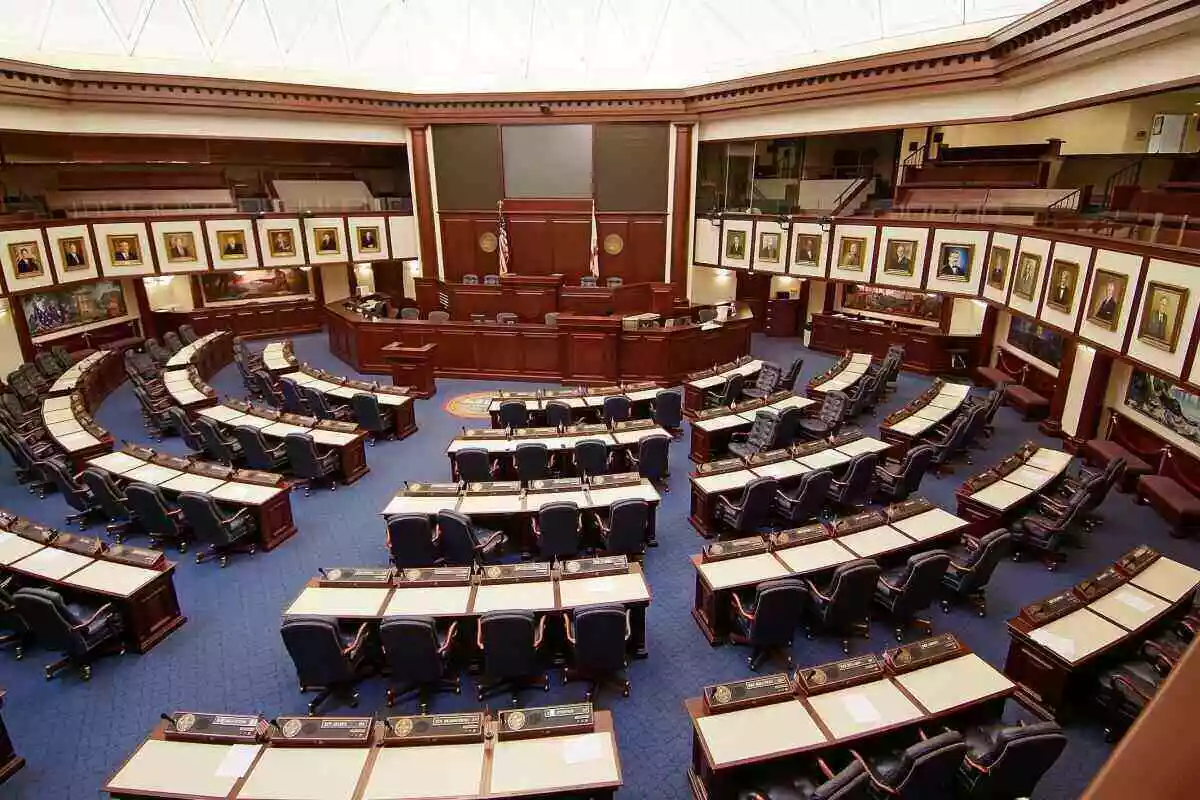Copyright deadspin

Florida is moving closer to a major overhaul of its gambling laws, with new legislation that could reshape sports betting and fantasy sports across the state. The proposed bill aims to crack down on betting tied to fixed games and tighten regulations on fantasy contests, marking one of the most significant updates to Florida’s gambling policies in years. What the new Florida gambling bill proposes Under House Bill 189, anyone who knowingly places a wager on a sporting event that has been fixed or predetermined could face a third-degree felony charge. The measure is part of a broader, roughly 100-page package aimed at updating Florida’s approach to gaming regulation. In addition to sports betting, the bill covers fantasy sports operations, horse racing, and other gaming sectors, seeking to bring consistency and transparency to an industry that’s rapidly evolving. When it comes to fantasy sports, lawmakers are proposing clearer guardrails: contests would only be legal if outcomes depend on the individual performance of real athletes, not on team scores, point spreads, or other game results. Companies or individuals running unapproved fantasy contests could also be charged with a third-degree felony, signaling a tougher stance on unregulated platforms. Why lawmakers are taking action now Florida’s renewed focus on gambling reform comes at a time when sports betting integrity is under heightened scrutiny nationwide. A string of recent scandals, including federal cases tied to rigged prop bets and insider information, has raised concerns about how easily wagering can be manipulated behind the scenes. This was seen with MLB pitchers NBA players. These incidents have underscored the need for stronger safeguards to protect both players and the public’s trust in legitimate competition. Earlier attempts to tighten Florida’s gambling laws stalled before gaining momentum, but the climate has shifted. With betting becoming more accessible through mobile platforms and fantasy contests blurring the lines between gaming and gambling, lawmakers see this session as a crucial opportunity to act. Key implications and industry concerns If approved, House Bill 189 would significantly expand Florida’s ability to address match-fixing and betting corruption. The proposal shifts enforcement beyond just targeting athletes or organizers who manipulate outcomes. It also holds accountable bettors and operators who knowingly participate in or profit from a fixed event. This broader reach would give state regulators stronger tools to deter misconduct and restore confidence in legitimate sports wagering. The bill’s provisions on fantasy sports are among the most closely watched. While they aim to clarify what types of contests are legal, there’s risk that the language could unintentionally affect small-scale or low-stakes fantasy leagues, such as those run among friends, coworkers, or local clubs. Without explicit exemptions for casual play, the rules could discourage ordinary fans from participating altogether. What comes next in the legislative process For now, House Bill 189 remains under review in the Florida Legislature, with committee hearings and debates still ahead. Lawmakers have signaled that the proposal could be placed on a fast-track schedule, increasing the likelihood of movement before the end of the current session. However, it’s still far from becoming law. As with most major policy overhauls, the bill is expected to face amendments, revisions, and potential carve-outs as discussions continue. Lawmakers may adjust key provisions to address concerns from different corners of the industry, particularly around how strictly fantasy contests and smaller gaming operations will be regulated.



